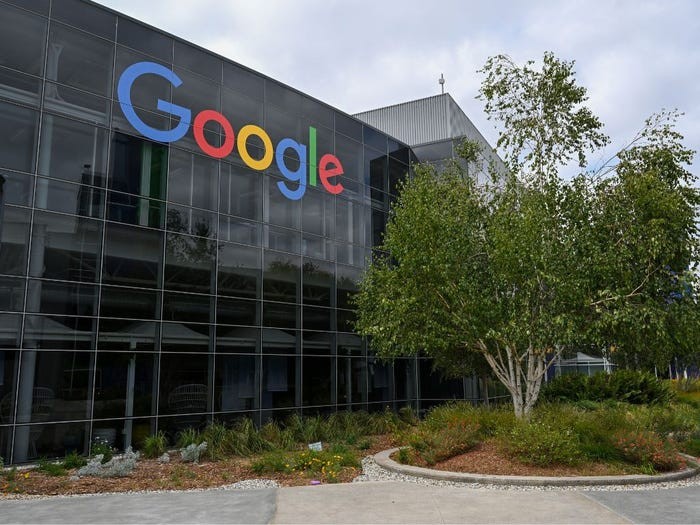
In a bold move to address its growing energy needs, tech giant Google is considering nuclear power as a potential solution for its artificial intelligence (AI) data centers. This revelation comes as the company strives to meet its ambitious 2030 net-zero emissions goals while grappling with the increasing energy demands of its expanding AI operations.
Google CEO Sundar Pichai recently disclosed that the company is exploring various clean energy investments, including traditional renewables like solar and innovative technologies such as small modular nuclear reactors. This strategy aims to reduce Google's carbon footprint while meeting the escalating power requirements of its data centers.
The tech behemoth's interest in nuclear energy stems from a pressing need to curb its rising greenhouse gas emissions. In 2023, Google's total emissions reached 14.3 million tCO2e, marking a 13% year-over-year increase and a substantial 48% rise from 2019. This surge in emissions is primarily attributed to increased energy consumption in data centers and supply chain operations.
Google's data centers are at the heart of this energy challenge. In 2023, these facilities consumed a staggering 24 TWh of electricity, accounting for 7-10% of global data center electricity usage. The company aims to power all its data centers with 24/7 carbon-free energy by 2030, a goal Pichai acknowledges as highly ambitious.
The exploration of nuclear power aligns Google with other tech giants like Amazon and Microsoft, who have already begun incorporating nuclear energy into their sustainability strategies. Nuclear power offers a reliable, continuous baseload power source, traditionally provided by fossil fuels, making it an attractive option for data centers requiring constant, sustainable energy.
While the specifics of when and where Google might implement nuclear energy remain unclear, this move could potentially reshape the tech industry's approach to clean energy solutions. As the sector grapples with balancing energy consumption and emissions reduction commitments, Google's foray into nuclear power may set a new precedent for sustainable practices in the digital age.